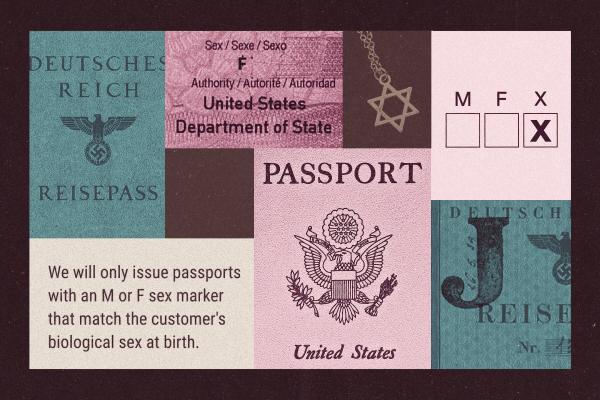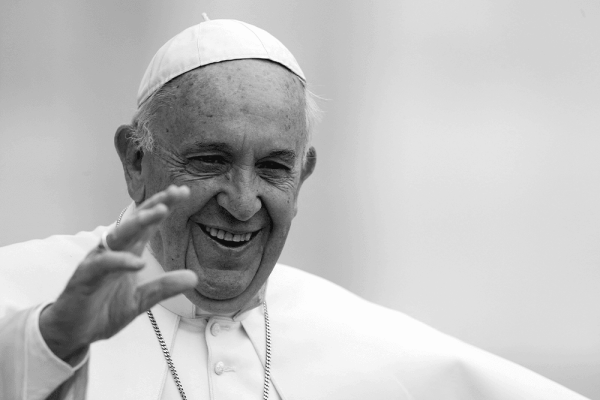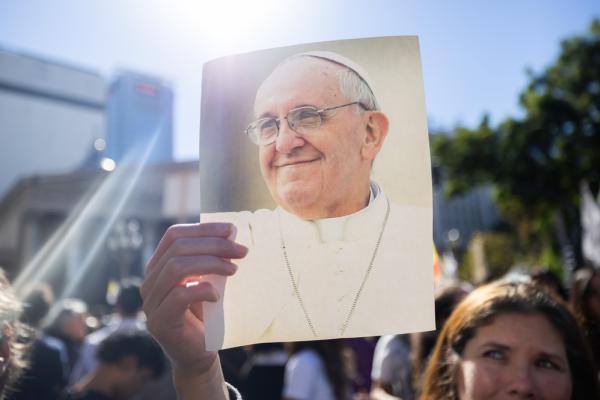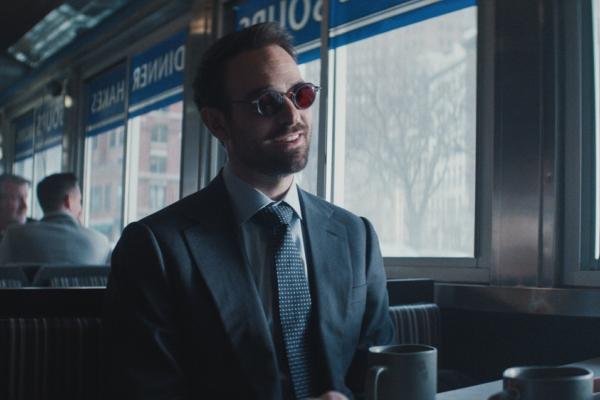In more than 60 cities across the country, people stopped on June 1 to remember the more than 100,000 people who have died from COVID-19 as part of a National Day of Mourning and Lament.
“We’ve seen incredible pain and suffering at a pace and a rapidity that hasn’t allowed us … to come together, to hold hands, to lock arms and cry,” said Columbia, S.C. Mayor Steve Benjamin in a livestreamed service that included faith leaders from Christian, Jewish, and Muslim traditions. “We haven’t been able to send people on to glory.”
It was a concerted moment of taking faith to the “virtual streets of this nation,” Sojourners President Jim Wallis, one of the leaders behind the National Day of Mourning and Lament, told NPR’s Michel Martin.
During a livestreamed service on Monday hosted by Sojourners to mourn not only the lives lost to the pandemic, but also those lost to police brutality, Rev. Dr. Barbara Williams-Skinner mourned two pandemics: “an invisible, deadly virus and a visible, yet equally mortal, virus and pandemic of white supremacy that is a national health crisis of our nation.”
In her prayer, she lifted up the names of George Floyd, Ahmaud Arbery, and Breonna Taylor and asked that God would protect those peacefully protesting across the nation.
“Help us not to return to a post-pandemic nation mired in inequality,” she prayed. “But encourage us, strengthen us to frame a new American constitution of justice, equality, and freedom that affirms that until Black Lives Matter, no lives truly matter, for all your children, all of your beloved, all those created in your image and likeness, they matter to you.”
More than 100 national faith leaders from Christian, Jewish, and Muslim traditions were behind the call for the National Day of Mourning and Lament, which urged pastors to acknowledge the milestone in their congregations and call on elected officials to join them in mourning the deaths in their cities.
“As faith leaders we must help to lead our congregations, communities, and country in this time of grief and lament in a way that will lead us forward more united as a country to address the very real challenges we face ahead,” the statement read.
In Baton Rouge, La., Mayor-President Sharon Weston Broome invited people to dial-in to a morning prayer vigil co-hosted with the Interfaith Federation of Greater Baton Rouge.
"We must be united in these times of lament and mourning for those we have lost," Broome said on Friday when she announced her intent to participate in the national event. "Our collective sense of loss and remembrance unites us across lines of age, race, religion, and traditions and transcends our politics."
Forty-five houses of worship and faith-based organizations in Charlotte, N.C., joined together to urge people in the city to ring bells from their lawns, porches, and balconies on Monday. They also asked that flags be lowered to mark the deaths. During the afternoon vigil hosted on Zoom, participants came with written prayers and candles to hold up to the screen in unity.
In Columbia, just 100 miles south of Charlotte, people lowered flags and laid wreaths at the urging of Mayor Benjamin.
The day of mourning fell amid mounting national grief and anger over the death of George Floyd, who was suffocated to death by a Minneapolis police officer who held his knee to Floyd’s neck for eight minutes and 46 seconds.
“To pray for the nation does not mean just praying for those who are sick or who have died of COVID,” Wallis said on NPR. “It means to pray for the healing of a nation that this virus has revealed is broken, a broken nation.”
Got something to say about what you're reading? We value your feedback!







